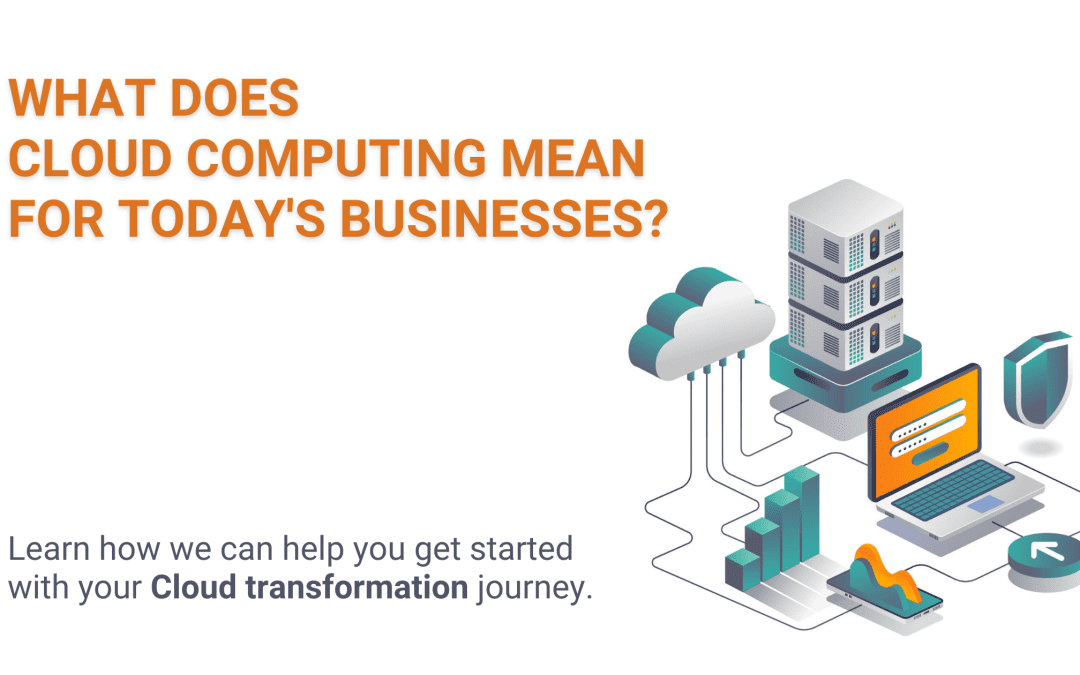
by parth.devdhar@aeonx.digital | Jun 8, 2022 | aws, Cloud Computing
AeonX, an SAP and digital solutions consultant, proudly announces its Amazon Web Services (AWS) Advanced Tier Services Partner status achievement in the AWS Partner Network (APN). Just like AeonX, AWS Advanced Tier Services Partners are the organizations known for their prowess in technology and exceptional customer service.
AeonX’s technical proficiency can be estimated by its number of service-specific AWS technical certifications validated by AWS Partner Solutions Architects, including architecture review, customer documentation, and customer case study details to assure they follow only the best AWS practices for their product integration with specific AWS services.
To date, AeonX has 1 AWS Service Validation, 5+ AWS Certifications, 20+ AWS Customer Launches, 74 AWS Partners for our global AWS Competency, AWS Managed Service Provider (MSP), AWS Service Delivery, and AWS Service Ready programs in their portfolio, including “Professional” DevOps (Development plus Operations) Certifications for AWS solutions and services.
“We are excited to highlight these designations span workload, solution, and industry, and help AWS customers identify top AWS Partners that can deliver on core business objectives. AWS Partners are focused on your success, helping customers take full advantage of the business benefits AWS has to offer.” Derek Belt, Sr.Communications Manager, AWS Marketing
Organizations looking to explore or optimize their cloud environment can opt for AeonX as their trusted AWS Partner. AeonX’s proven AWS expertise and capabilities include AWS Advanced Tier Competency, and AWS Systems Manager Delivery, for which the organizations should undergo technical validation and evaluation of their AWS solutions and practices.
AeonX offers the best AWS & DevOps consultation for building solutions and services. We believe in enhancing prospects with empowering ideas and engaging efforts to serve our customers better. We help in making businesses grow, market, and sell by providing valuable technical support. We help companies reduce costs & be efficient using SAP products & solutions. AeonX is an SAP Gold Partner with an interest in SAP Consulting & Resell.
For more information:

by parth.devdhar@aeonx.digital | Dec 17, 2021 | Cloud Computing
What does cloud computing mean for today’s businesses?
Cloud computing supplies various services, such as data storage, servers, databases, networking, and software, through the Internet.
Cloud storage allows you to save files to a remote database and retrieve them whenever you need them.
Public and private services are available online for a charge; public services are housed on a network for particular customers, while private services are hosted on a network for individual clients.
Companies see the cloud as a critical facilitator for completing their digital transformation.
As organizations move from a piecemeal strategy to a more comprehensive end-to-end digital transformation with the cloud at its core, the cloud is becoming a top C-suite agenda item.
The Internet enables widespread cloud computing, and it is the most popular method of accessing cloud resources.
Intranets and specialized networks are also employed if there is a private cloud.
Cloud computing resources may be supplied and released quickly with no administrative effort or involvement from service providers.
This implies that an organization may utilize more or fewer servers, stores, apps, or services and adjust the ones it does use to fit its needs and when it needs to, all without putting in much work.
There are six critical aspects of cloud computing:
The five features are,
- On-demand,
- Self-service,
- Broad network access,
- Resource pooling,
- Fast flexibility, and
- Measurable service.
These are the characteristics that set it apart from other computing paradigms.
There are three service models available.
These are the most common services offered by cloud service companies- Infrastructure as a Service (IaaS), Platform as a Service (PaaS), and Software as a Service (SaaS) are the three types (SaaS).
It includes four deployment models, each corresponding to a distinct manner of owning and operating cloud resources.
The four options are,
- Private Cloud,
- Public Cloud,
- Community Cloud, and
- Hybrid Cloud.
Cloud computing has several advantages for your company.
It enables you to set up a virtual office, giving you the freedom to connect to your company from anywhere, at any time.
Access to your data has never been easier, thanks to the rising number of web-enabled devices utilized in today’s corporate environment (e.g. smartphones and tablets).
Using cloud computing to manage and maintain your IT systems might save you money.
You may save money by utilizing the services of your cloud computing service provider rather than acquiring pricey systems and equipment for your organization.
Your company can quickly scale up or reduce its operations and storage requirements to fit your demands, giving you more flexibility as your needs evolve.
Instead of acquiring and installing costly upgrades yourself, your cloud computing service provider may take care of it for you.
Business continuity planning requires you to protect your data and systems. Having your data saved in the cloud guarantees that it is backed up and preserved in a secure and safe location, regardless of whether you face a natural disaster, power outage, or other crisis.
Accessing your data rapidly helps you continue doing business as usual, minimizing downtime and lost productivity.
Employees can be more flexible in their work habits because of cloud computing. For example, you can access data when at home, on vacation, or on your way to and from work (providing you have an internet connection).
You may connect to your virtual office quickly and simply if you require access to your data while off-site.
Cloud computing may be used in a variety of ways by businesses. Some customers retain all of their programs and data in the cloud, while others take a hybrid approach, keeping some on private servers and others in the cloud.
Tomorrow’s victors will be those who can manage change quickly, make the correct decisions, and collaborate with the right partners to supplement their strengths.


